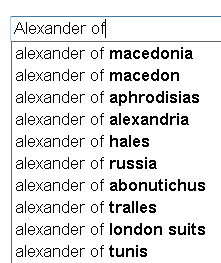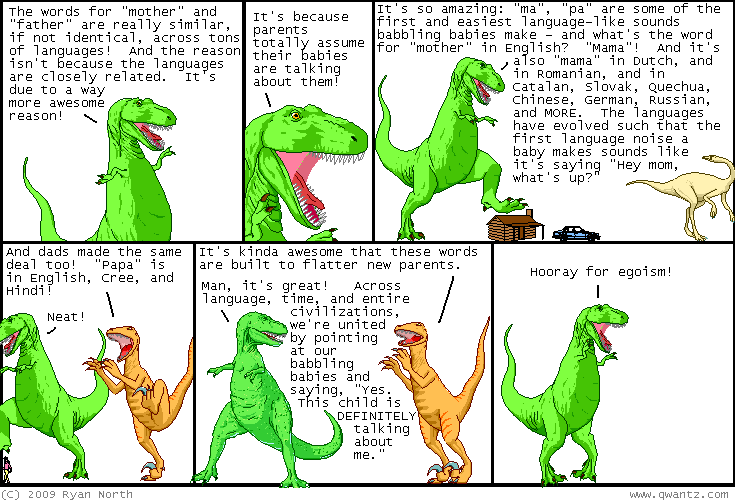Looking for a job? How about one where you set your own hours, you don't have a boss, you have nothing to do but write at your own pace, you end up receiving fat royalty checks, and you don't have to know anything at all about the topic that you write about? The job is to write non-fiction (textbooks and handbooks), only it's OK if you don't have a clue about the subject matter.
One word about your new career (and it's not "Plastics"): grammar! The field where nobody much cares about anything that's been discovered since the 18th century, and you don't even need to get the 18th-century stuff right!
I'll give you some examples over the next few days or weeks — it depends how much time I get (unfortunately I have a real job where I have to attend meetings, teach things that are true, respond to questions, write sensible exam questions, and so on). Here's just one example for today.
Read the rest of this entry »





